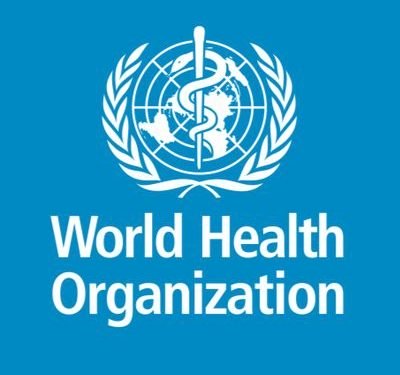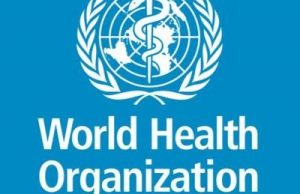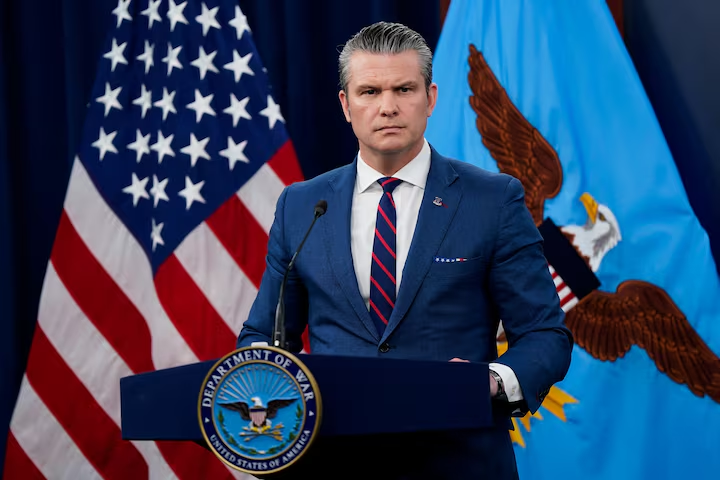
The World Health Organisation (WHO) has urged countries to move quickly to save lives from malaria in Sub-Saharan Africa as the World commemorates World Malaria Day (WMD).
The WHO made the call in a statement posted on its website on Friday.
The World Malaria Day is an international observance commemorated every year on April 25 and recognises global efforts to control malaria.
Globally, 3.3 billion people in 106 countries are at risk of malaria.
It also said new analysis supports the WHO call to minimise disruptions to malaria prevention and treatment services during the COVID-19 pandemic.
“Severe disruptions to insecticide-treated net campaigns and in access to antimalarial medicines could lead to a doubling in the number of malaria deaths in sub-Saharan Africa.
“It could double the number of deaths in subs-Sahara Africa this year compared to 2018, according to a new modelling analysis released by WHO and partners ahead of World Malaria Day,” it said.
WHO also urged countries to move fast and distribute malaria prevention and treatment tools at this stage of the COVID-19 outbreak in sub-Saharan Africa.
The multinational donor said such countries should also do their utmost to safely maintain these essential malaria control services.
It said the analysis considered nine scenarios for potential disruptions in access to core malaria control tools during the pandemic in 41 countries, and the resulting increases that might be seen in cases and deaths.
“Under the worst-case scenario, in which all insecticide-treated net (ITN) campaigns are suspended and there is a 75 per cent reduction in access to effective antimalarial medicines.
“The estimated tally of malaria deaths in sub-Saharan Africa in 2020 would reach 769 000, twice the number of deaths reported in the region in 2018.
“This would represent a return to malaria mortality levels last seen 20 years ago,’’ it added.
According to the World malaria report 2019, sub-Saharan Africa accounted for approximately 93 per cent of all malaria cases and 94 per cent of deaths in 2018.
The WHO said: “More than two-thirds of deaths were among children under the age of five.
“To date, the number of reported cases of COVID-19 in sub-Saharan Africa has represented only a small proportion of the global total, though cases are increasing every week.
“This means that countries across the region have a critical window of opportunity to minimise disruptions in malaria prevention and treatment and save lives at this stage of the COVID-19 outbreak.
“Mass vector control campaigns should be accelerated, while ensuring that they are deployed in ways that protect health workers and communities against potential COVID-19 transmission.’’
According to WHO, the organisation and its partners have developed guidance to ensure that those suffering from malaria could safely receive the care they needed within the package of essential health services to be delivered in COVID-19 settings.
“Tailoring malaria interventions in COVID-19 response includes guidance on the prevention of infection through vector control and chemoprevention, testing, treatment of cases, clinical services, supply chain and laboratory activities,’’ it added.







